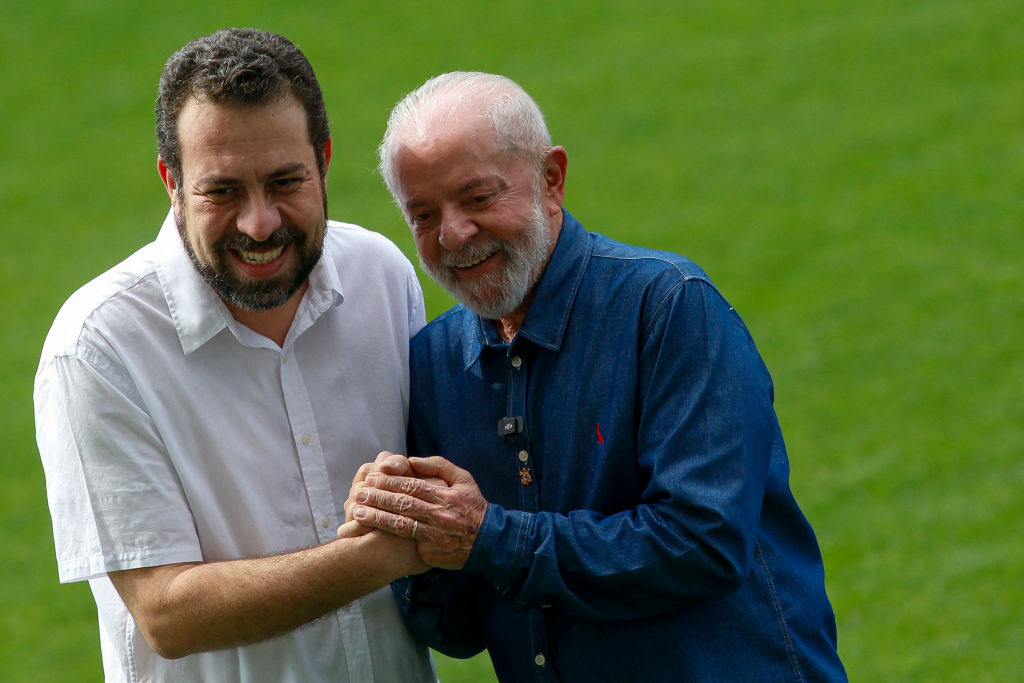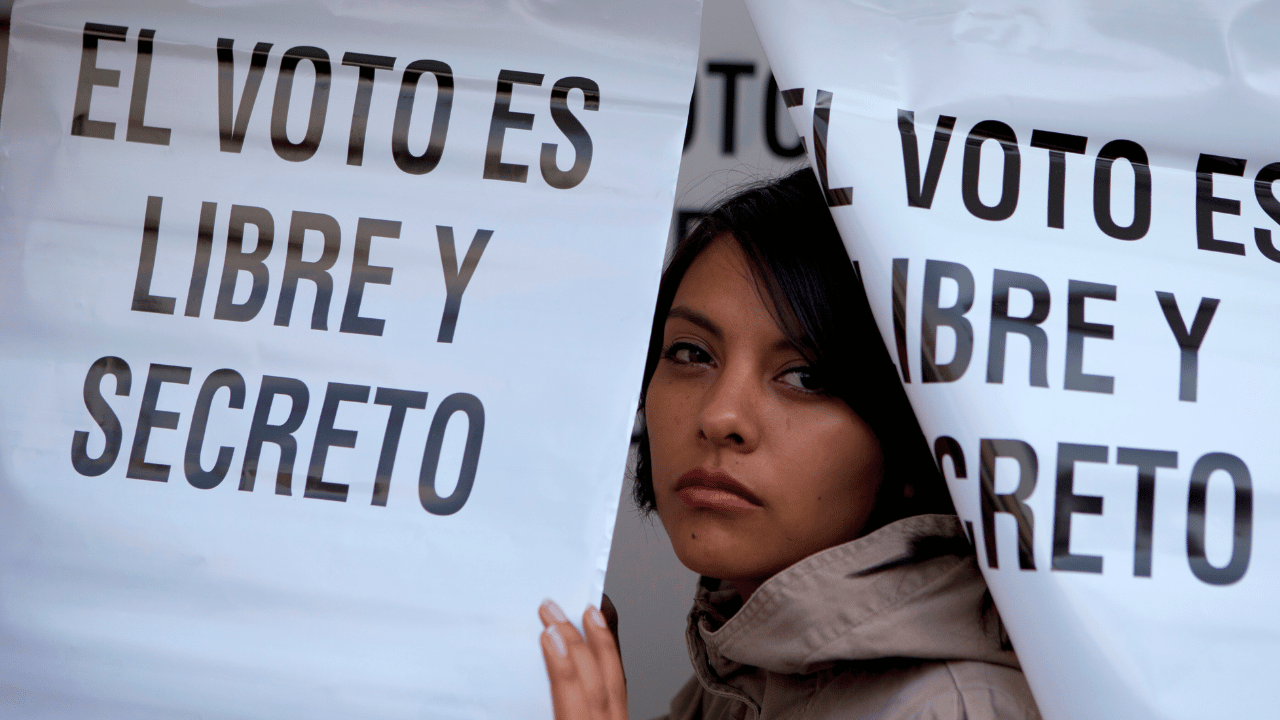After Wild Campaign, Brazil Election Returns to Economy, Security
After Wild Campaign, Brazil Election Returns to Economy, Security
In view of the October 26 election, AS/COA’s Eric Farnsworth and Christopher Sabatini analyze the policy outlook and the social challenges at play for Brazil in 2015.
A wild Brazilian presidential campaign is nearing an end, its zigzagging story lines returning to where they began: with the incumbent, President Dilma Rousseff, ahead. After the death of Socialist Party candidate Eduardo Campos in a plane crash in August, the emergence of his running mate Marina Silva as the new Socialist candidate briefly upended the race, and had many expecting a runoff between two female candidates—a first-ever in Brazil. But that never happened. Instead, Silva came in a distant third behind Rousseff’s center-right challenger, Aecio Neves of the Brazilian Social Democratic Party, who now trails Rousseff by just a few points before Brazilians go back to the polls Oct. 26....
Silva’s shake-up of the campaign revived foreign policy debates over the merits of U.S.-Brazilian relations, as Eric Farnsworth wrote in World Politics Review earlier this month. Under Rousseff and her predecessor, Luiz Inacio Lula da Silva, Farnsworth explained, “Brazil has taken a course purposefully independent of the U.S. as a means to achieve long-standing ambitions for a more meaningful stake in global leadership. This has complicated diplomacy between Brasilia and Washington, and was evident long before revelations by NSA contractor Edward Snowden of American spying on Rousseff.”
Silva, on the other hand, made better relations with Washington part of her stump speech. Perhaps—in addition to the relentless attacks on Silva by the Rousseff campaign—that was part of her undoing. After all, as Farnsworth wrote, for most Brazilians, “foreign policy is somewhat of a sideshow to their main economic concerns,” and relations with the U.S. were unlikely to be “the overriding factor in the elections one way or the other....”
Rousseff’s promotion of government social spending has helped her in the polls, but it has a side effect: inflation. Previewing the World Cup spotlight to come for World Politics Review in January, Christopher Sabatini and Ryan Berger explored the “big structural issues—productivity, bloated public pensions and a high tax burden” that have to be addressed but likely won’t be until next year. “More than any public-relations bump or economic slowdown this year,” they wrote, “the question is whether Brazil will be prepared in 2015 to address the constraints that have come to hobble the economy....”







